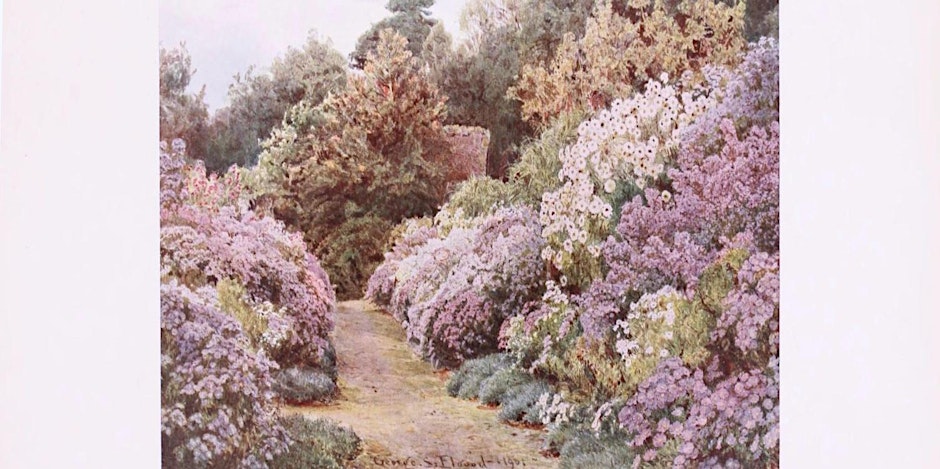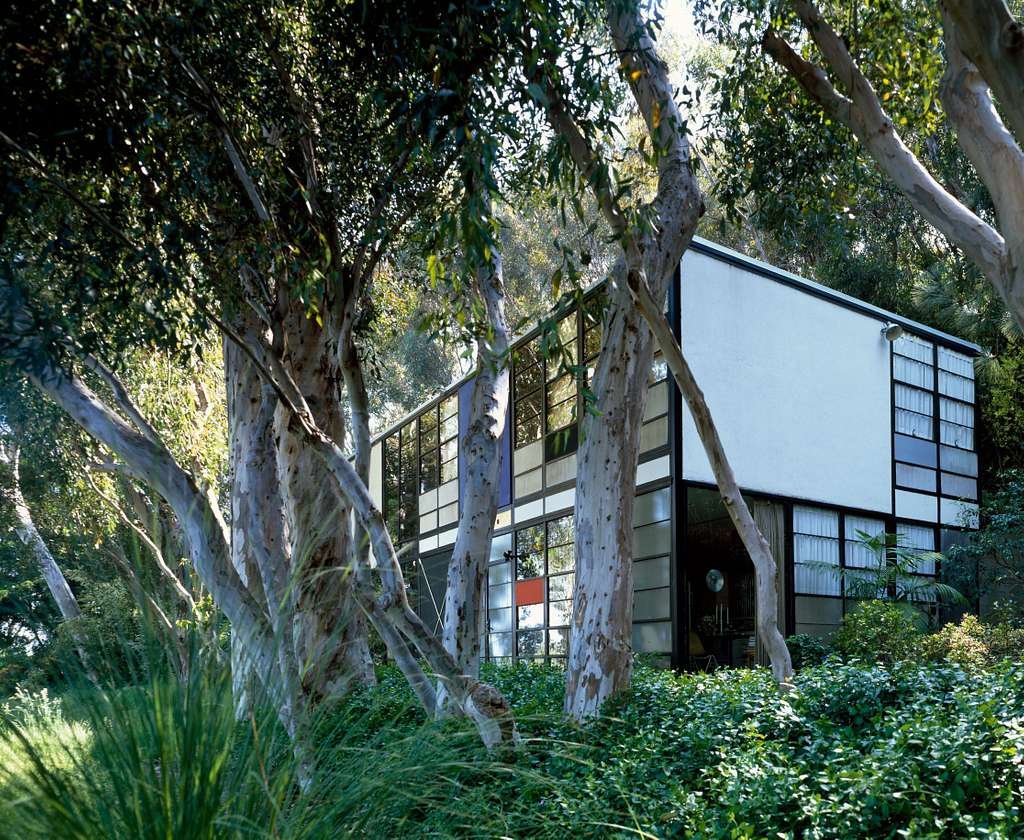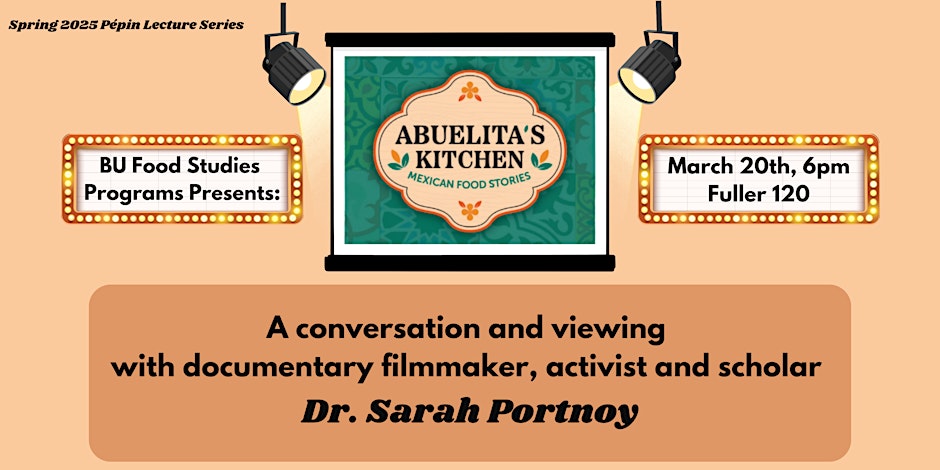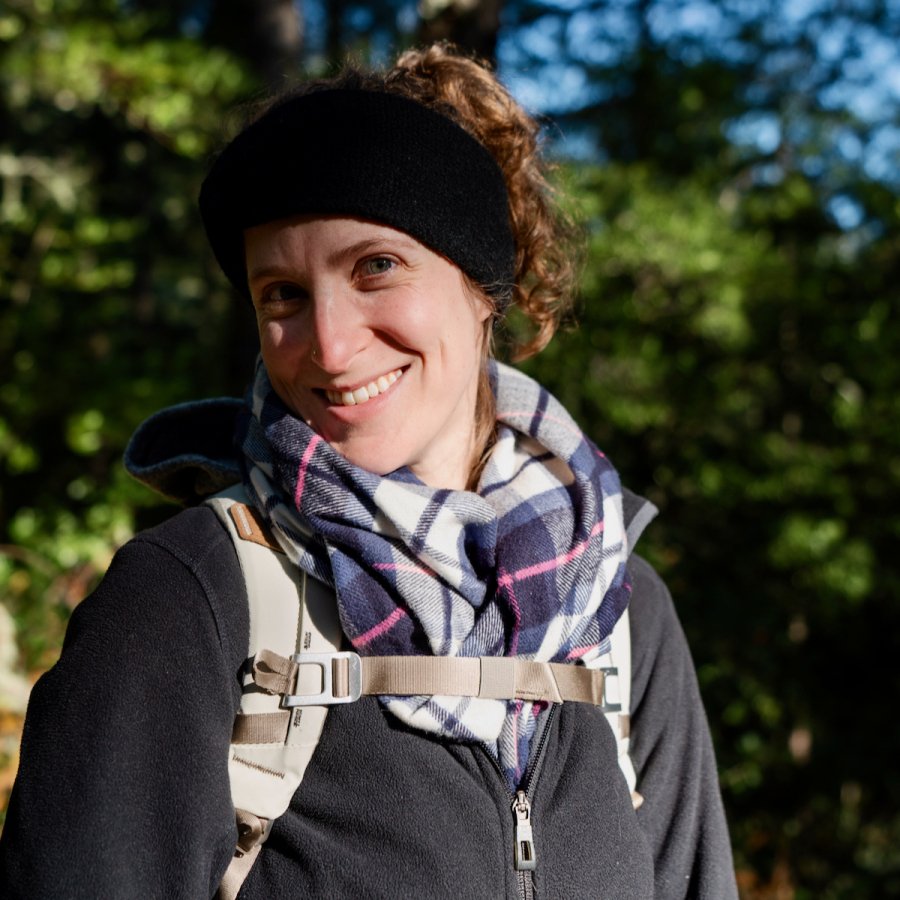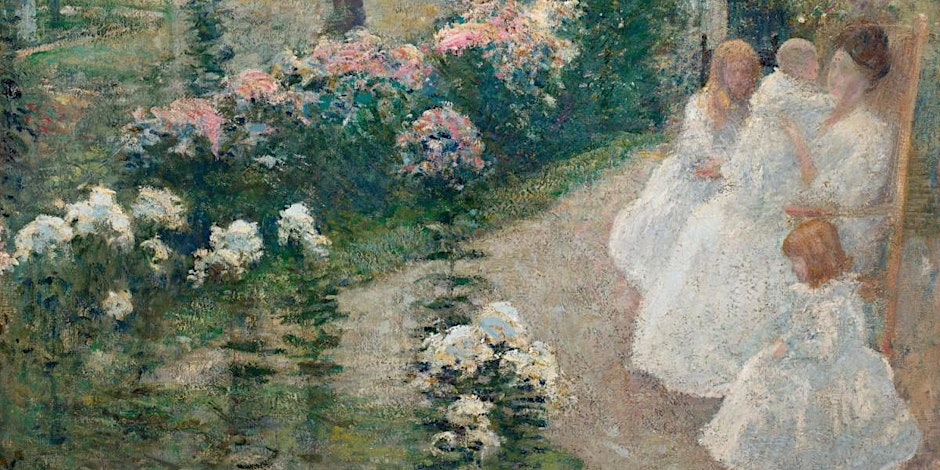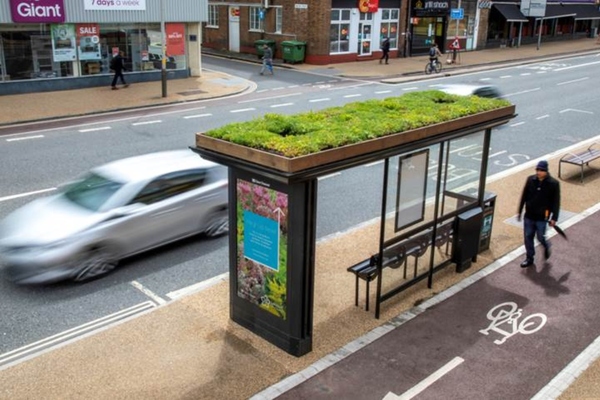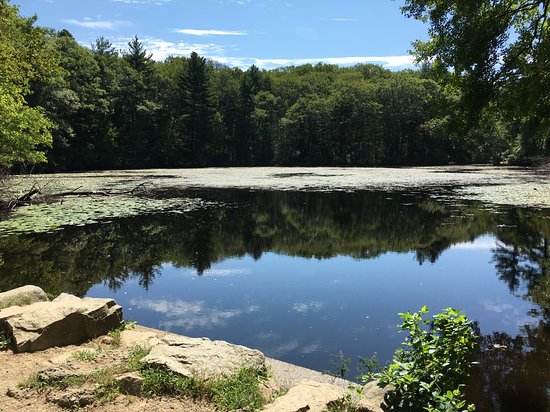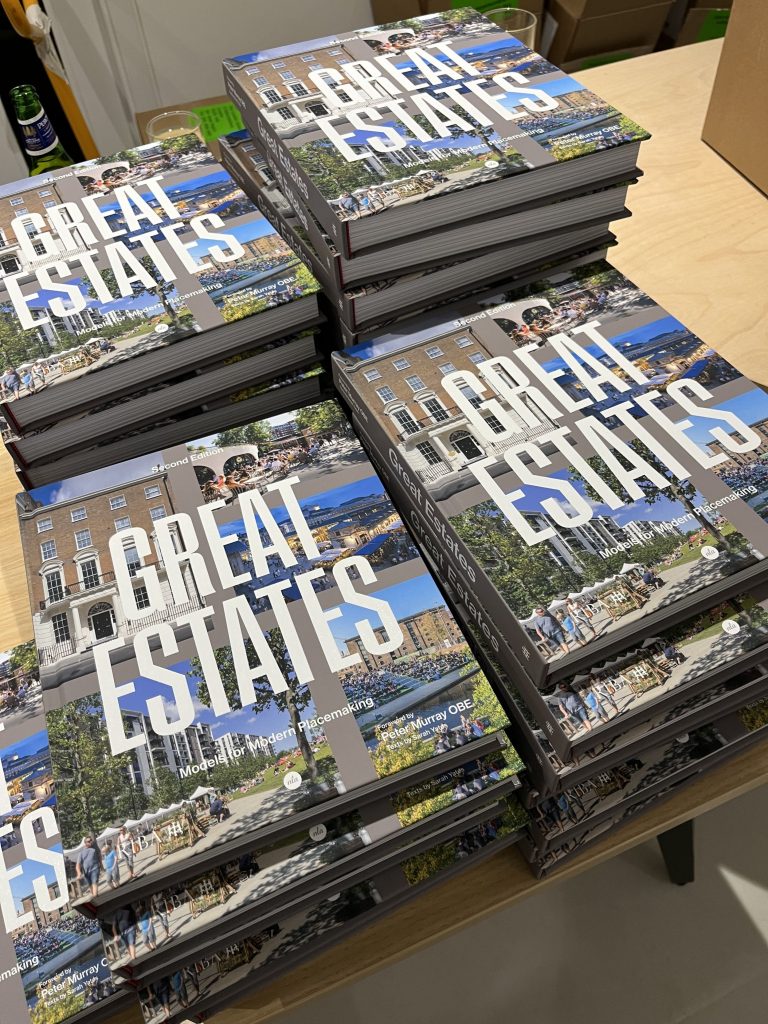Tuesday, March 18, 6:00 am – 7:30 am Eastern (but recorded) – Gertrude Jekyll: Artist, Gardener, Craftswoman
The Arts and Crafts Movement sought a return to vernacular traditions in the face of increasing industrialization. It thrived for two decades or so around the turn of the twentieth century, although its effect is still obvious today in many decorative arts. In the garden, the movement was most clearly articulated through the work of William Robinson (1838-1935) and Gertrude Jekyll (1843-1932). Their example was followed by a plethora of British architects and designers into the middle of the 20th century and beyond, and their influence spread to Europe, the US and further afield. What we today identify as Arts and Crafts gardens are perhaps typified by a geometric layout of compartments in close relationship with the house, alongside the use of architectural features in local materials and abundant, color-themed planting.
In this series, we will examine the origins of the Arts and Crafts garden, consider the work of Robinson and Jekyll in detail, and survey some of the many other British garden-makers who were influenced by the movement. The series will end with an international flavor, exploring the work of an American designer who was a life-long admirer of Robinson and Jekyll.
This ticket is for this individual talk (Click HERE) costs £8, and you may purchase tickets for other individual sessions, or you may purchase a ticket for the entire fifth series of 5 talks in our History of Gardens Course at £35 via the link here. (Gardens Trust members £6 each or all 5 for £26.25). Ticket holders can join each session live and/or view a recording for up to 2 weeks afterwards. Ticket sales close 4 hours before the talk.
Attendees will be sent a Zoom link 2 days prior to the start of the talk, and again a few hours before the talk (If you do not receive this link, please contact us). A link to the recorded session will be sent shortly after each session and will be available for 2 weeks.
Talk 3 takes place March 18 with Dr. Caroline Ikin. Gertrude Jekyll has been described as a ‘one-woman Arts and Crafts Movement’, her contribution spanning the decorative arts as well as gardening. Her approach was founded on an appreciation of local tradition, vernacular architecture, hand-making and floral beauty, and was informed by the works of Ruskin. Jekyll is celebrated for her garden designs, plant breeding and particular brand of ‘artist-gardening’ which she expounded in her many books and articles, but she was also a skilled artist, maker and designer. This talk will focus on Jekyll’s garden at Munstead Wood where her arts and crafts ethos achieved full expression, and will also explore her activities in decorative art, conservation and collecting.
Dr Caroline Ikin is a Curator at the National Trust covering Munstead Wood, Standen and Nymans. She has previously worked in museums and for the Gardens Trust and her research interest is in nineteenth century art, architecture and gardens. She is author of The Victorian Garden (Shire Library, 2012), The Victorian Gardener (Shire Library, 2014), The Kitchen Garden (Amberly Publishing, 2017) and has written for the Oxford Dictionary of National Biography, Garden History, Furniture History, Museums Journal and various other publications, and is now working on a new book on Victorian Gardens. She was awarded the Mavis Batey Essay Prize in 2022.
Image: below detail, Michaelmas daisies, Munstead Wood, from George S. Elwood and Gertrude Jekyll, Some English Gardens (1904), Biodiversity Heritage Library, public domain
